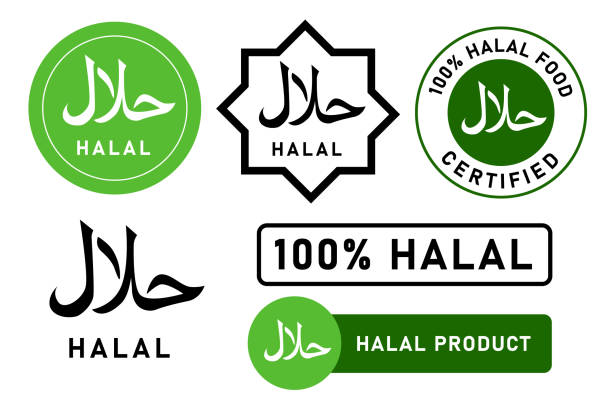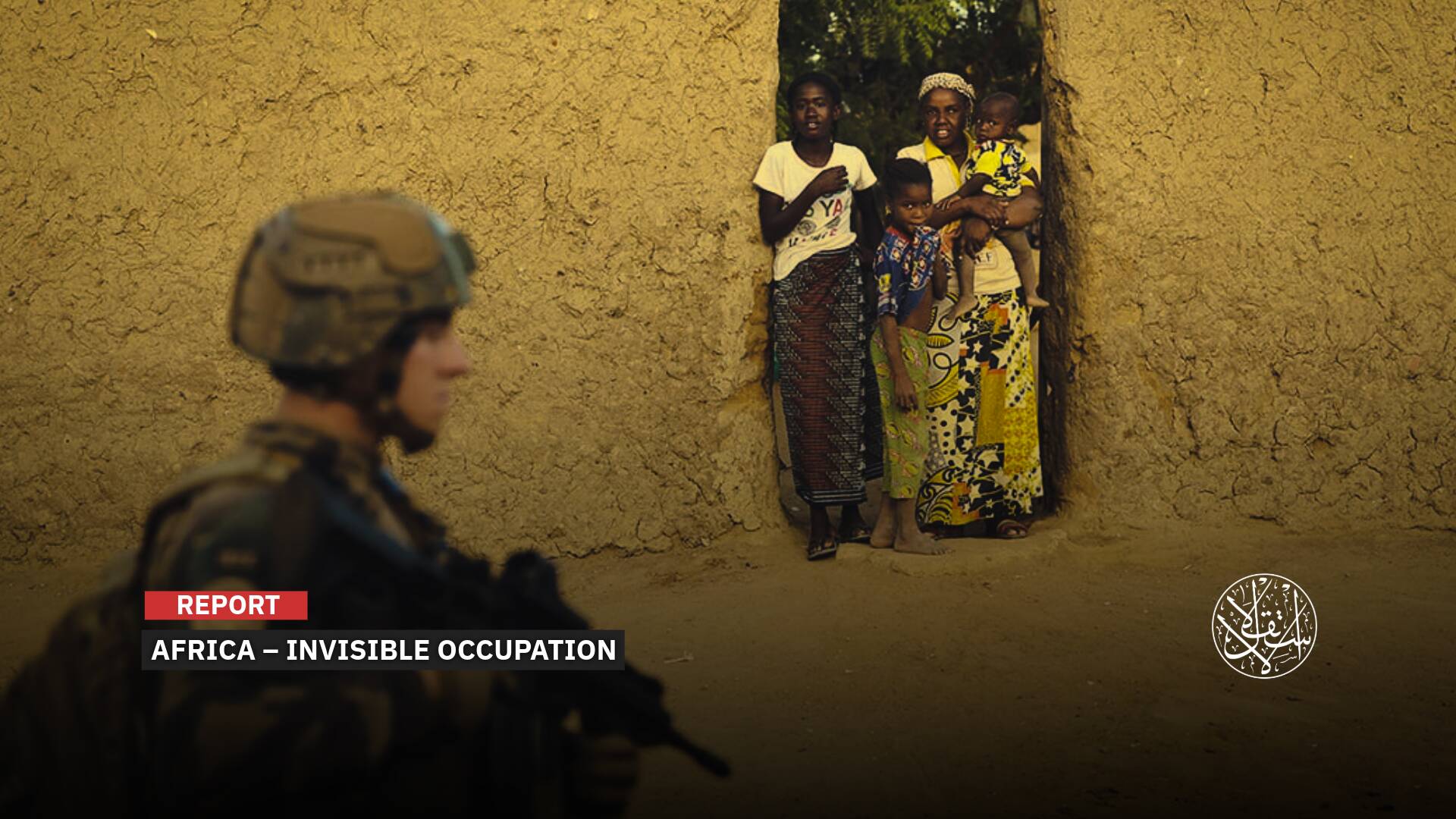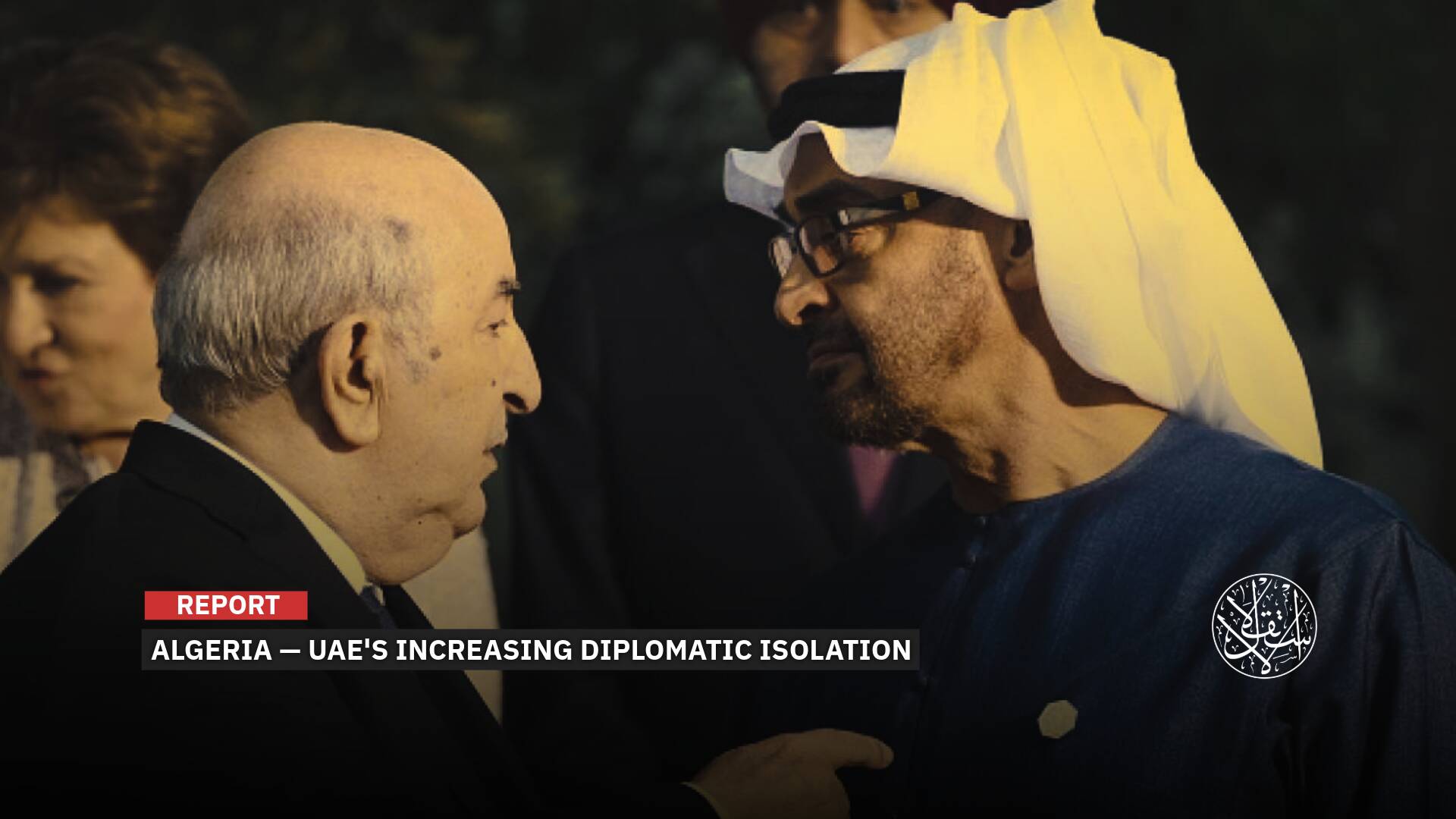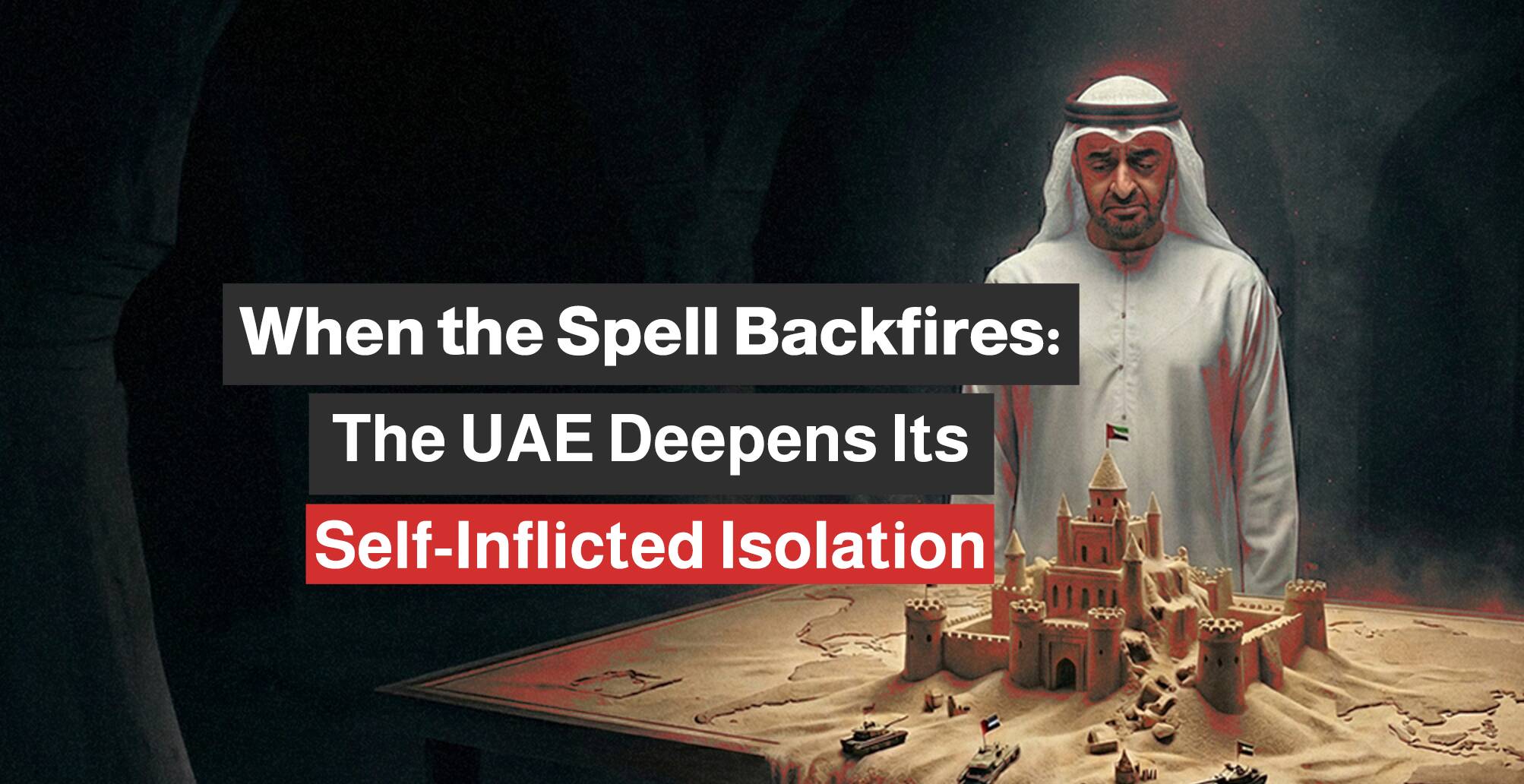It Attracts Non-Muslims Also: What Is Behind the Rapid Growth of the Halal Industry?

With the increase in the number and activities of Muslims around the world, restaurants began to offer the so-called halal food, which is intended not to include pork or alcohol derivatives, as well as slaughter according to Islamic law.
With time, the halal market expanded to become an entire industry called the halal industry, which includes not only food, but also tourism, fashion, medicine, cosmetics, health products, and toiletries.
In recent years it has expanded to include logistics, shipping, marketing, print and electronic media, packaging, branding, finance, and even cryptocurrency (halal bitcoin).
The Halal industry has become annually earning billions of dollars, which prompted many Muslims and non-Muslims to opt for it as the optimal choice, bringing the size of this sector to trillions of dollars.

Remarkable Turnout
From 7-10 September 2022, the capital, Kuala Lumpur, hosted the activities of the 18th Malaysia International Halal Exhibition, announcing the goal of achieving profits of 423 million dollars through the exhibition.
In its coverage of the exhibition, the Turkish Anadolu Agency said that this year it succeeded in attracting about 400 companies from all over the world, spread over 13 sectors.
It includes food, pharmaceuticals, e-commerce, media and entertainment, Islamic finance, fashion, personal care, cosmetics, tourism, arts, and culture, among others.
Qatar, Turkiye, Saudi Arabia, the United States, India, Bhutan, Vietnam, and Thailand are the top buyers at the fair, while Malaysia and Singapore are the biggest sellers, according to Anatolia.
The halal industry is also one of the rapidly growing markets globally, as products and services in this sector are gaining momentum among both Muslim and non-Muslim consumers across the globe.
Global indicators of the Islamic economy predict that the global halal market will grow from $2.09 trillion in 2021 to nearly $3.27 trillion by 2028.
This market is no longer limited to 1.8 billion Muslims, and many studies indicate that millions of non-Muslims are increasingly dependent on halal products, due to their relationship to the environment, health, and healthy life.
The popularity of the halal industry in the world led to the holding of annual Expos to display halal products, such as the one hosted by Malaysia or the last hosted by Turkiye, on November 25, 2021.
In addition to the exhibitions, seven global halal summits have been organized under the auspices of the Organization of Islamic Cooperation, and the eighth will be held in Istanbul, Turkiye, between November 24 and 26, 2022.

Market size
There are conflicting numbers regarding the size of the halal industry within or outside Islamic countries, due to the newness of this market.
Until 2019, the market for halal products was estimated to have a global market value of $2.2 trillion, according to the State of the Global Islamic Economy Report for the year 2020 issued by the Dinar Standard Corporation (based in the UAE).
According to the report, Muslim spending only on halal products witnessed an increase of 3.1 percent to reach $1.17 trillion in 2019, compared to $1.13 trillion in 2018, while worldwide spending amounted to $2.2 trillion.
According to the report of the same institution (Dinar Standard) on the state of the global Islamic economy for the year 2022, Muslim spending rose to two trillion dollars in 2021, and it included the sectors of food, medicine, cosmetics, fashion, travel, media, and entertainment.
For his part, Turkish Vice President Fuat Oktay revealed, during the World Halal Summit in Istanbul in November 2021, that the volume of the global halal economy reached 4 trillion dollars in 2017, and it will reach about 7 trillion dollars in 2021.
In turn, the American marketing company, Frost & Sullivan, concluded in July 2022 that the market for the halal economy will reach $4.96 trillion by 2030 after it was only $1.90 trillion in 2015.
It emphasized that the halal economy is on an upward trend and estimated the size of the global halal economy market in 2020 at $2.30 trillion.
It added that international companies are working to integrate halal products and services into their activities due to the increasing number of non-Muslim consumers of halal foods because they are healthy and safe, and non-Muslim families prefer halal tourism because it is suitable for families.
The increasing demand of non-Muslims for halal foods is driven by its association with safe and healthy eating, asserts Anna Thomas, chief economist at Frost & Sullivan.
While halal fashion and halal tourism are finding increasing acceptance among the more conservative and ethical non-Muslim consumers, it adds.
The halal economy in Europe represents between 50 and 100 billion euros, especially in sectors such as fashion, gastronomy, food, and beverages, or entertainment, according to Frost & Sullivan.
A study published by the International Islamic News Agency (INA) in 2015 expected the global halal market to grow nine times to reach $10 trillion in 2030, stressing that the halal industry is witnessing strong growth of $500 billion a year.

Halal and non-Muslims
The halal market has expanded greatly in recent years and has become popular even among non-Muslims.
Big players in the food industry are also beginning to notice the halal food sector is booming. In 2019, Japanese food company Ajinomoto invested $85 million to build a halal production line in Malaysia.
In the same year, the local branch of the Japanese company Sanichi Technology financed a $300 million halal gelatin factory and an industrial zone in Malaysia that would be the first of its kind in the region.
A report by Al Jazeera Mubasher on May 4, 2022, indicated that a group of scientific studies, carried out by scientists and researchers from different countries of the world, explained the reasons behind the popularity of halal food and products among non-Muslims as well.
It referred to a joint scientific study prepared by a group of scientists, including Dr. Stephen Wilkins from the British University in Dubai, and Dr. Farshid Shams, Professor of Administrative Sciences at Lakehead University in Canada.
The study examined the factors behind non-Muslims' demand for Islamic halal food. The research used a total sample of 1100 consumers in Canada, Spain, and the United Kingdom.
Another study was prepared by a group of researchers in a number of Malaysian universities on a sample of 100 non-Muslim consumers that included 53 percent of Chinese, 32 percent of Indians, and 15 percent of other ethnic groups.
In the two studies, the researchers found that the most important factors behind the popularity of halal food among non-Muslims lie in the safety of Islamic food and that it is healthier than others and less pathogenic.
The researchers also pointed out that the quality of halal food is one of the most important factors in non-Muslims' acceptance of halal food, such as food cleanliness, freshness, pleasure, and psychological comfort in eating it.









